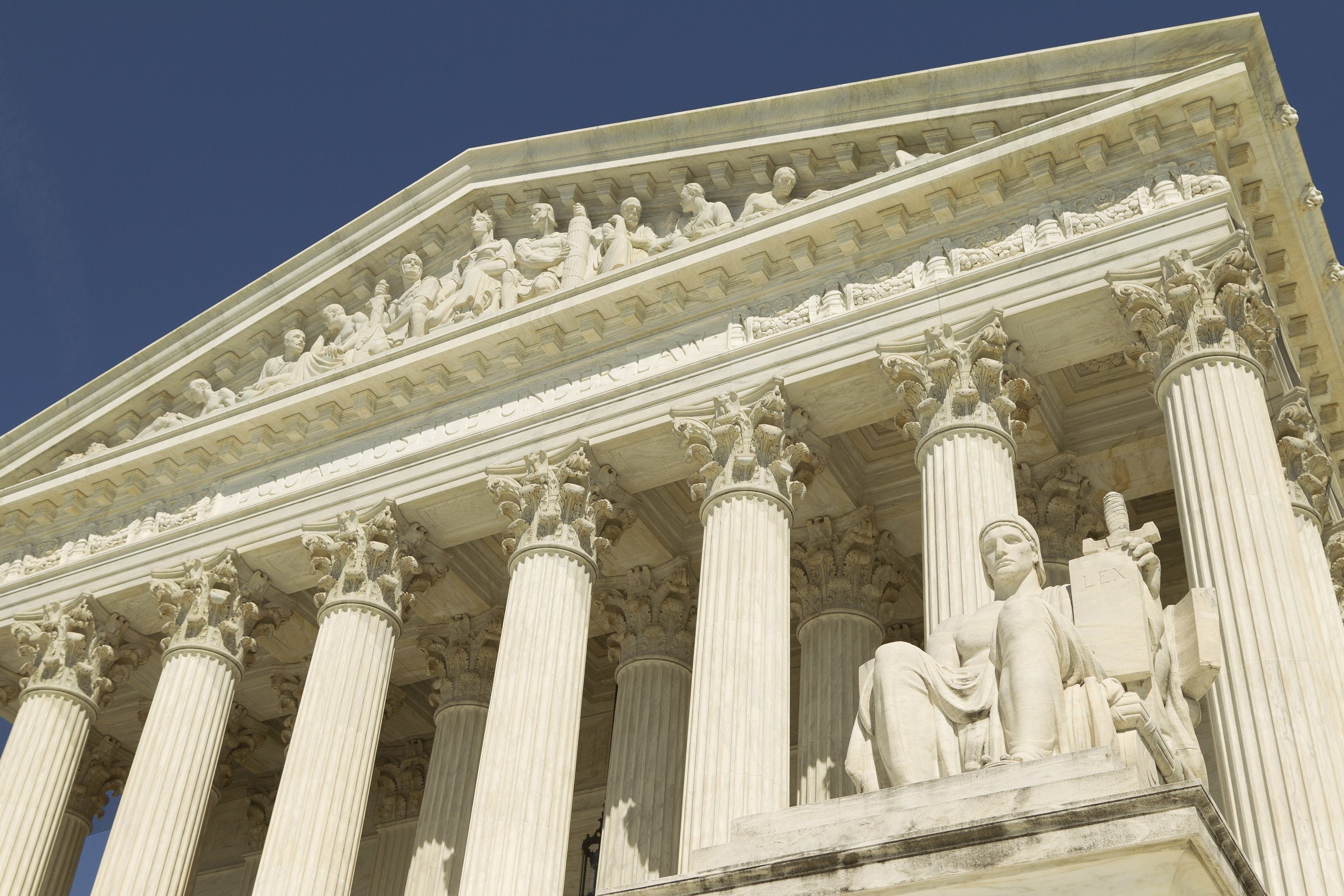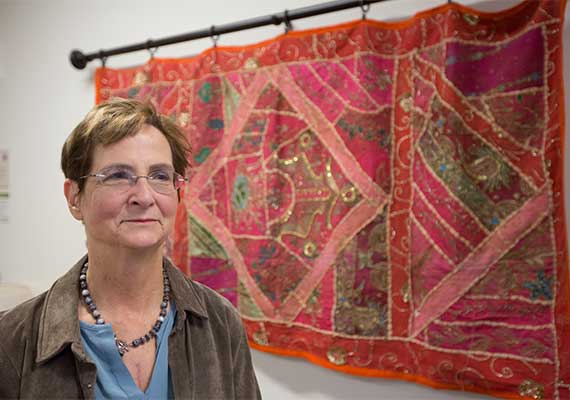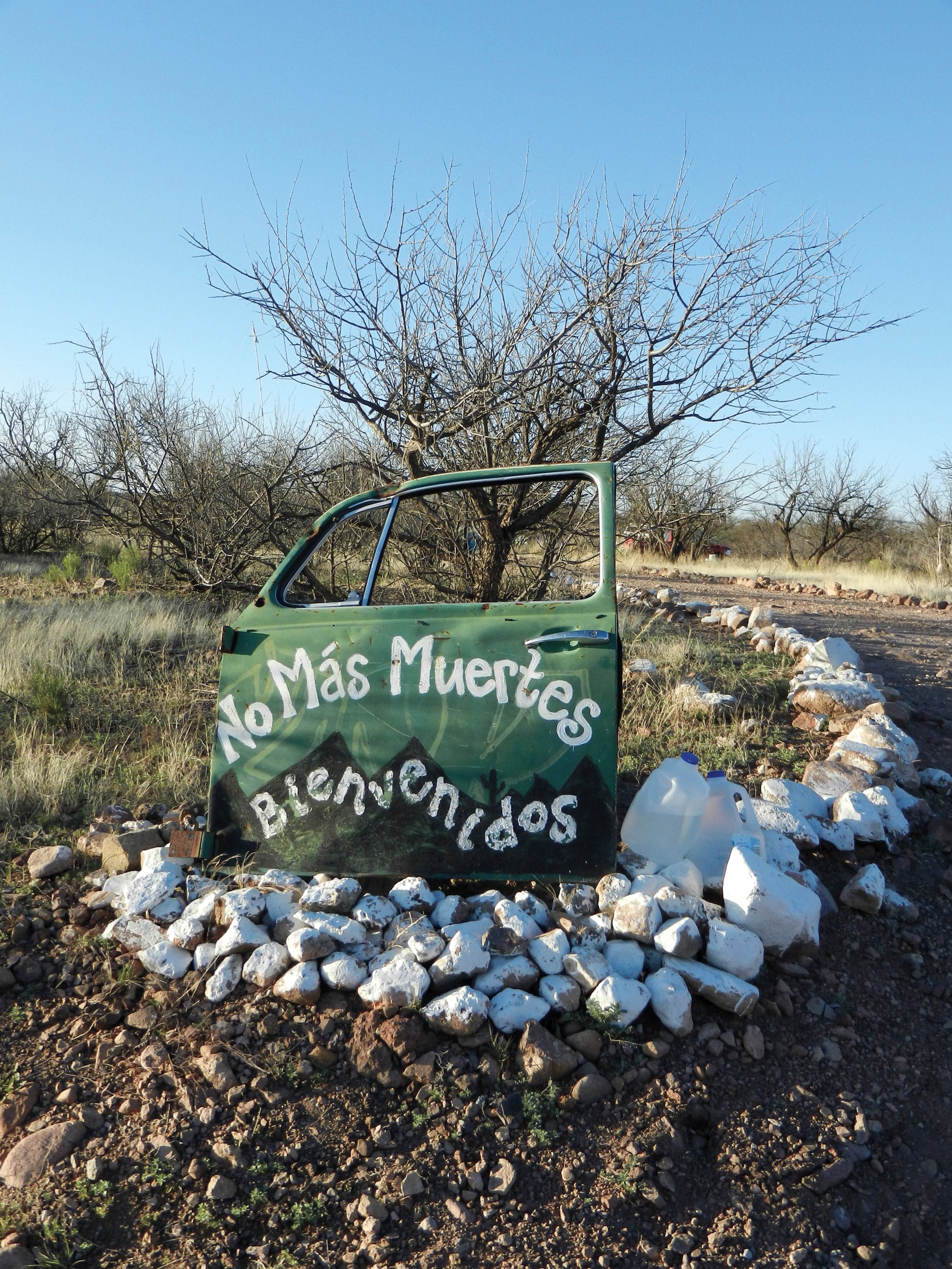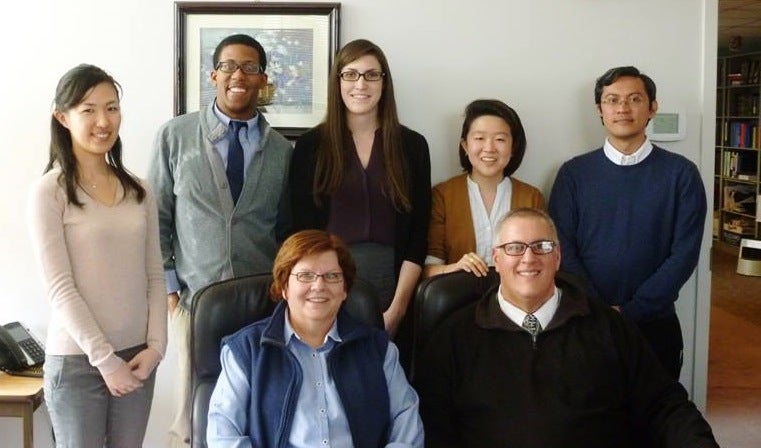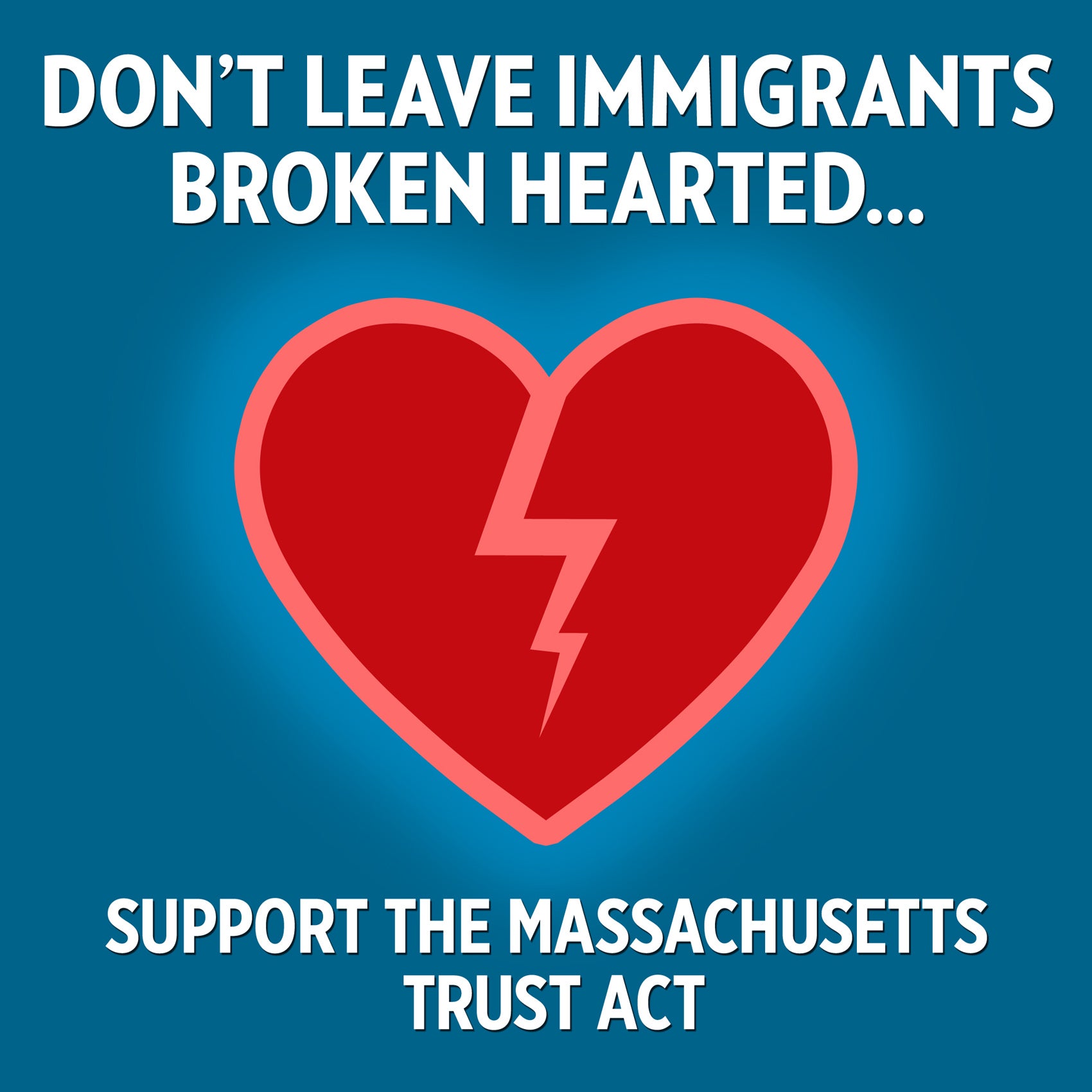People
Phil Torrey
-
Colleges Debate Taking On ‘Sanctuary Campus’ Designation
January 2, 2017
Student and faculty activists argue that colleges and universities should call themselves “sanctuary campuses,” a label that they say would help underscore institutional commitment to supporting undocumented students in a time when the future of immigration in the U.S. seems all the more uncertain...“I think many college leaders are probably concerned about what a new administration might do in terms of federal funding, which can get really tricky and complicated,” said Phillip Torrey, lecturer on law with the Harvard Immigration and Refugee Clinical Program and the Supervising Attorney for the Harvard Immigration Project. “There are also concerns that by labeling their university a sanctuary campus there will be a bullseye on the university for targeted enforcement.”
-
Here’s why Somerville shouldn’t be too worried about Trump pulling its federal funding
December 19, 2016
Shortly before the election, President-elect Donald Trump laid out a 100-day plan articulating his administration’s top priorities. Of the 18 commitments, one concrete pledge hit very close to Boston’s borders. “Cancel all federal funding to sanctuary cities.” Somerville—like its neighbor, Cambridge—is considered a “sanctuary city,” a catch-all term for cities that do not cooperate with federal efforts to detain undocumented immigrants...“The federal government cannot use its taxing and spending powers to coerce states and local governments to enact, administer, or enforce federal law,” Harvard Law School professor Phil Torrey told Boston.com Torrey, whose background is in immigration law, says it would be “difficult, if not impossible” for Trump to force sanctuary cities to enforce federal immigration efforts at the risk of losing large amounts of federal funding.
-
Sanctuary cities stand firm against Trump
December 12, 2016
At least three dozen so-called sanctuary cities across the country are standing firm against President-elect Donald Trump’s pledge to crack down on them, according to a Politico analysis...Phil Torrey, a lecturer at Harvard Law School and the supervising attorney of the Harvard Immigration Project, explained that the Tenth Amendment gives broad powers to the states that include the ability to set policy agendas for local law enforcement, while it gives broad powers to the federal government to decide how to tax and spend dollars. The Supreme Court comes in when these powers collide, and the court has established precedent that the federal government cannot be overly coercive, Torrey said.
-
Here’s how Trump’s plan to defund sanctuary cities could play out
November 29, 2016
President-elect Donald Trump has vowed to cancel all federal funding for immigrant-friendly “sanctuary cities” — a move that could put him on a collision course with not just New York, but hundreds of jurisdictions around the country...“In terms of him completely defunding sanctuary cities by not giving them any funding whatsoever, it would be virtually impossible to do,” said Phil Torrey, a lecturer at Harvard Law School.
-
Sanctuary Cities Brace for Trump Crackdown on Immigration
November 21, 2016
From border to border and coast to coast, hundreds of cities, counties and police departments that have resisted compliance with federal immigration laws are girding for a showdown with the Trump administration over so-called "sanctuary cities."..."There is a lot at stake, but I don't think these cities would be in jeopardy of losing their money because of their sanctuary policies," says Phil Torrey, a lecturer at Harvard Law School who specializes in criminal and immigration law.
-
Students Urge Administrators To Create ‘Sanctuary Campuses’ For Undocumented Peers
November 21, 2016
Students at more than 100 colleges and universities throughout the country - including in Massachusetts - staged a walkout on Wednesday, protesting the election of Donald Trump and standing in solidarity with undocumented students who could face deportation under President-elect Trump's immigration policies...“I think there is a balance between not fueling panic because we don’t know specifically what he is going to do, but I think it is important to have an action plan and to start looking at different procedures that can be put into place,” said Philip Torrey, a lecturer with the Harvard Immigration and Refugee Clinical Program and the Supervising Attorney for the Harvard Immigration Project. One step colleges could take, Torrey said, is to prevent federal officials from arresting students on campus by requiring a warrant.
-
Is this the end of prison for profit in the US?
October 18, 2016
Last August the US Department of Justice released a statement that they would begin the process of phasing out private prison contracts in federal prisons, some 30 years after the Bureau of Prisons began its experiment contracting beds to for-profit facilities. The decision, according to the Justice Department, came in response to a declining prison population - down from 220,000 inmates in 2013 to fewer than 195,000 inmates today, as well as an acknowledgement of the often lower safety and security standards of the private prison industry..."They [private prison companies] are very careful about not publicly stating what they support; but if you follow the money, it becomes pretty clear," says Philip Torrey, a professor at Harvard Law School. Torrey notes how private prison companies, particularly the nation's two largest private prison companies, Geo Group and Correction Corporation of America (CCA), have supported controversial bills such as the three-strikes laws and minimum mandatory sentencing, as well as Arizona's controversial anti-immigration law - each acknowledged as drivers of incarceration, particularly of immigrants and people of colour.
-
15 Years Later: Immigration and 9/11
September 8, 2016
By Deborah Anker, Sabrineh Ardalan '02 and Phil Torrey: Fifteen years later, HIRC continues to represent clients affected by post-9/11 enforcement measures. In addition to winning asylum for hundreds of refugees, HIRC has successfully advocated for the government to release mothers and children from family detention centers in South Texas. Continue Reading »
-
Limitations on the undocumented
June 24, 2016
A deadlocked Supreme Court dealt a major blow to President Obama’s executive actions to grant relief from deportation to nearly 5 million undocumented immigrants living in the United States. The 4-4 tie in U.S. v. Texas, a challenge by that state and 25 others against Obama’s executive actions, leaves in place an injunction by a lower court that blocked the government from implementing two programs that would protect both children and their parents from deportation. “I’m disappointed,” said Deborah Anker, clinical professor of law and director of the Harvard Immigration and Refugee Clinical Program at Harvard Law School. “What this means is that it puts hundreds of thousands of people at risk of deportation, including parents of U.S. citizens or legal residents.”...Phil Torrey, lecturer on law with the Harvard Immigration and Refugee Clinical Program and the supervising attorney for the Harvard Immigration Project, hopes the ruling will help galvanize the movement for immigration reform. “Hopefully it will continue to energize the movement to push for comprehensive reform, especially with elections coming forward,” he said.
-
Deborah Anker and Phil Torrey weigh in on the 4-4 Supreme Court tie that dealt a major blow to President Obama’s executive actions to grant relief from deportation to undocumented immigrants living in the U.S.--putting, according to Anker, 'hundreds of thousands of people at risk of deportation, including parents of U.S. citizens or legal residents.'
-
Harvard Law Professors and Scholars: State Governors Have No Legal Authority to Block Refugees
November 19, 2015
In the wake of the Paris terrorist attacks, more than half the nation's states are vowing to bar Syrian refugees. But do they have the legal authority to do so? Harvard Law professors say the answer is clear: No.
-
Classroom to courtroom: Law School immigration counseling program helps the powerless while educating students
October 14, 2014
The Harvard Immigration and Refugee Clinical Program at HLS, which marked its 30th anniversary this year, trains students to represent refugees seeking asylum in the U.S.
-
Lawyers defending immigrants charged with crimes must be more clear when it comes to the immigration consequences of their cases, the Massachusetts Supreme Judicial Court ruled Monday. The court’s decision says telling immigrants they could be “eligible for deportation” or “face deportation” if convicted is not correct legal advice when deportation is “practically inevitable.” Phil Torrey, who lectures on immigration law at Harvard Law School, said the court could not have offered a prescription because there is no magic formula — each case is unique. “I think it’s clear that defense attorneys are going to have to say more than simply, ‘Oh, you’re not a citizen, you’re pleading guilty to a crime, there might be some immigration problems down the road,’” Torrey said.
-
From March 15-23, many Harvard Law students used their spring break to learn about the law outside the classroom.
-
HLS students draft memorandum accompanying bill to restore immigrant trust in local law enforcement
February 13, 2014
Thirty-three professors from Massachusetts law schools have signed on to an important legal opinion drafted by Harvard Law students in support of the Massachusetts Trust Act. The bill seeks to restore the immigrant community’s trust in local law enforcement by limiting the role of local police authorities in the deportation process.
